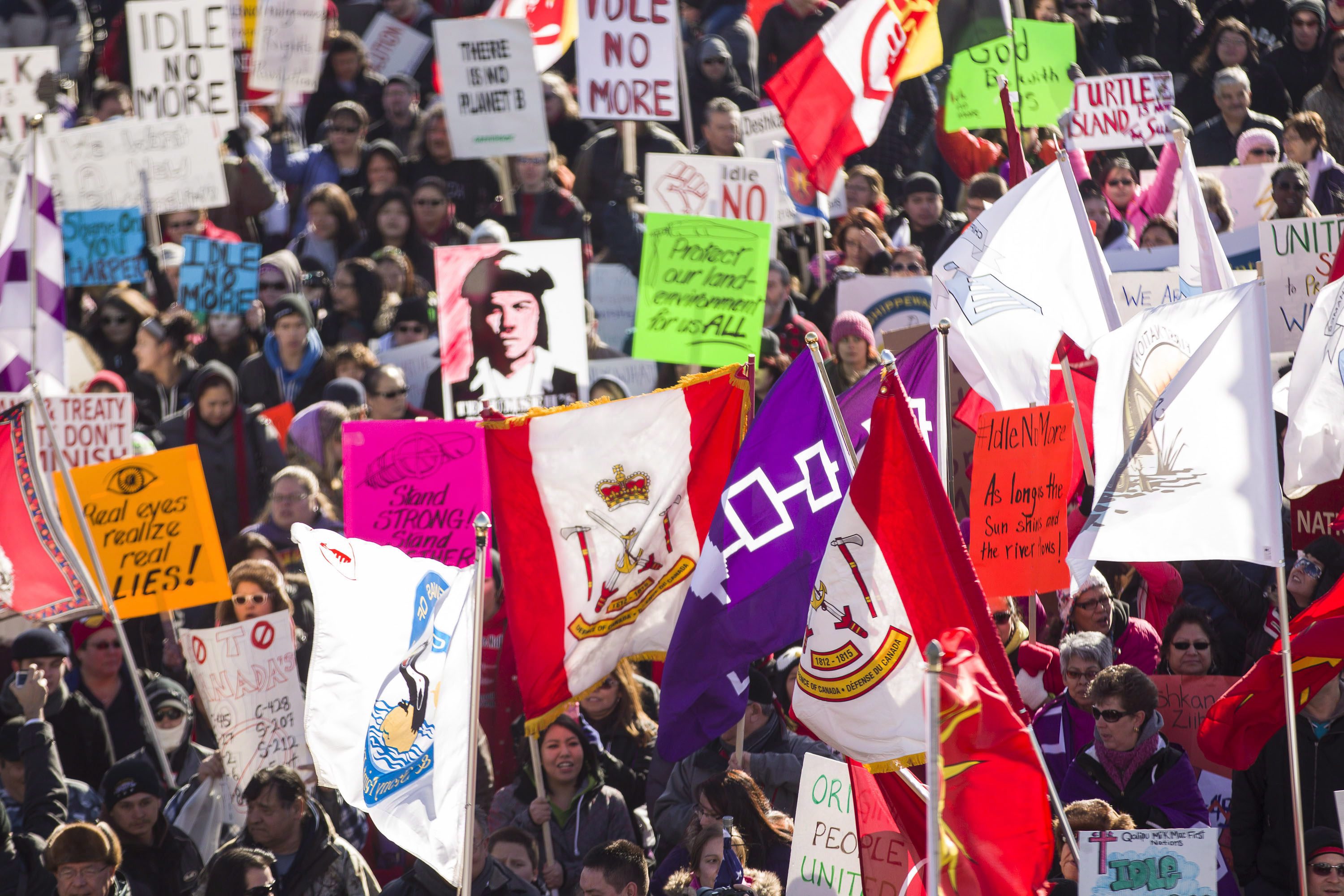Article
Women's Movements in Canada: 1985–present
Women’s movements (or, feminist movements) during the period 1985–present — sometimes referred to as third- or fourth-wave feminism — engaged in multiple campaigns, from employment equity and daycare, to anti-racism and ending poverty and violence against women.





